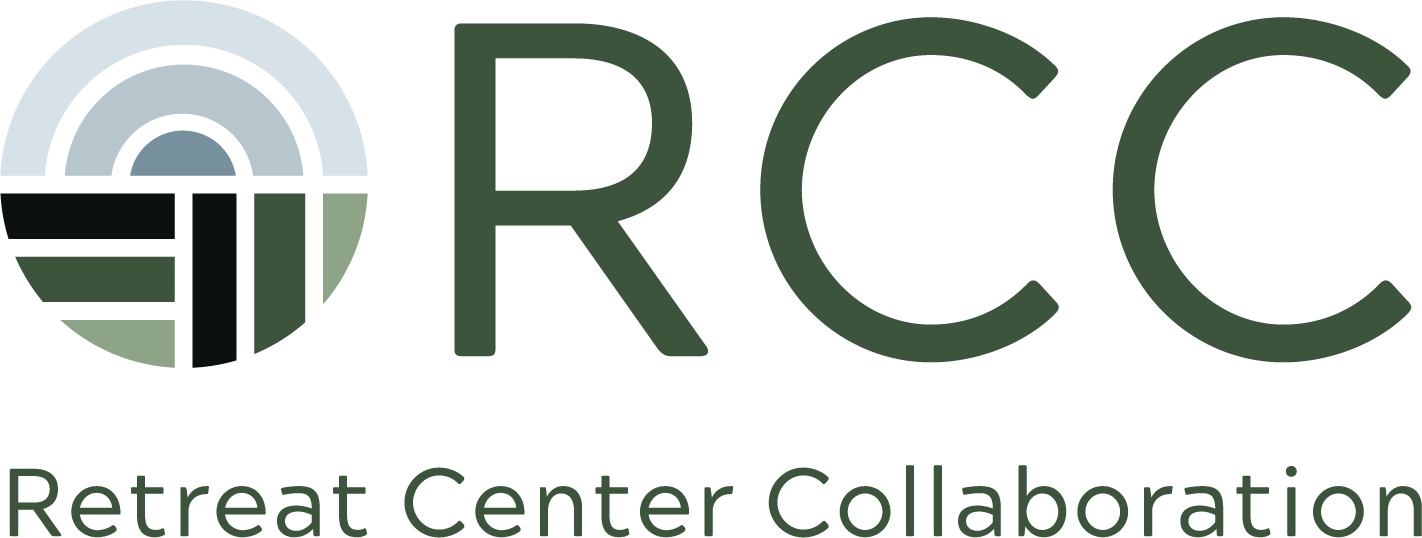Racial Healing Workshop: On the Path to Decentering Whiteness
On the path to decentering whiteness, it’s important for us to recognize and address the patterns of white supremacy that arise within us. During a Racial Healing Workshop facilitated by RHI core consultants in September, participants had the opportunity to explore their own internalized patterns of suppression, release, and transformation—and how those patterns affect the work of decentering whiteness at retreat centers.
View the full meeting video by clicking the image above.
Or scroll down for takeaways from the conversation.
Listening to the Body and Identifying Suppression
Workshop participants started by noticing what feelings were arising as we were led through a gentle series of centering and extension exercises. We were encouraged to lean into discomfort with curiosity and listen to the wisdom of our bodies. Every body is different and physical responses provide important information about how we exist in the world.
Internalized patterns of white supremacy often show up as suppression: constriction, pressure, or heaviness in the body. Suppression can cause all kinds of adverse reactions—especially when we’re unaware it’s at work inside us.
Examining Patterns
Behavioral patterns caused by suppression will vary in expression and intensity depending on the individual. Workshop participants saw suppression manifesting in their own lives as procrastination, snacking, avoidance, anxiety, micro-managing, blaming, rigidity, and impatience. In the moment, these behaviors may feel like they relieve uncomfortable tensions, but in reality they only perpetuate painful and damaging cycles.
Patterns of harm are often unconscious, and part of the work of healing is to bring those patterns into consciousness so we have a conscious choice.
Release and Transformation
If we don’t go deep into the tensions caused by suppression, the tensions stay where they are and continue to affect our behavior. A simple release exercise demonstrates how support can help us change our patterns:
First approach - Make a fist, then try to force your fist open with your other hand. The fist resists being forced open.
Second approach - Make a fist, then wrap your free hand around your fist. Support your fist with your second hand. The fist wants to open, bloom, melt.
The body opens with support. Holding difficult feelings and experiences with compassion opens up the opportunity for change, softness, and transformation.
How Retreat Centers are Affected
Retreat centers are spaces designed to hold people during periods of difficult transformation—but center leadership and staff are not immune to the effects of suppression.
“What my body is doing affects how I show up, especially when there’s tension.”
This means that our patterns might be blocking us from showing up authentically to the transformational work we want to be doing. Intellectually, we may want to decenter whiteness in our organizations, but we may not have the internal capacity to handle our physical responses to this challenging work. It’s important to know our internal signals and to hold blocks with compassion until we feel safe to open and change our patterns.
Engaging with this embodied process helps us to be more conscious of how our behavior affects our personal and professional relationships. Ultimately, addressing suppression in ourselves will help us live more fully into a more just, equitable, and liberated future.
Notes and Audio
Follow the link below to access audio and additional meeting notes.
Join the Discussion
Do you work at a retreat center? Would you like to connect with the RCC community for more insights and support? Find out about upcoming events.
Attend the next Community Call by subscribing to our mailing list.
Join our private Facebook group to connect with other retreat center professionals, learn, share, collaborate, and socialize together.

